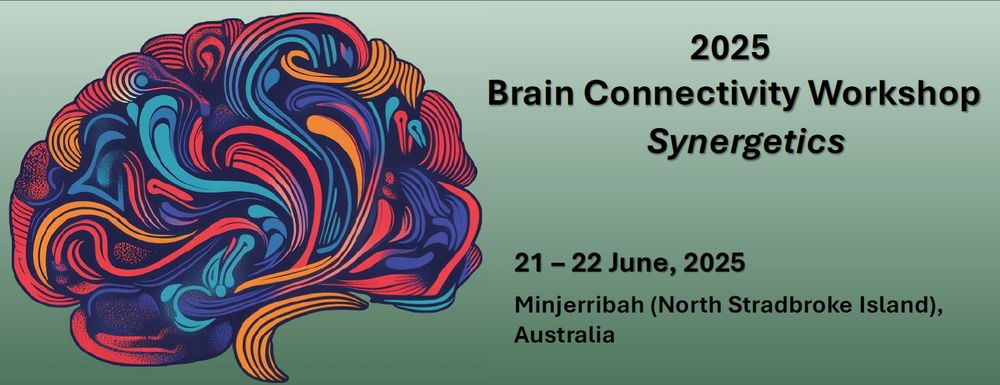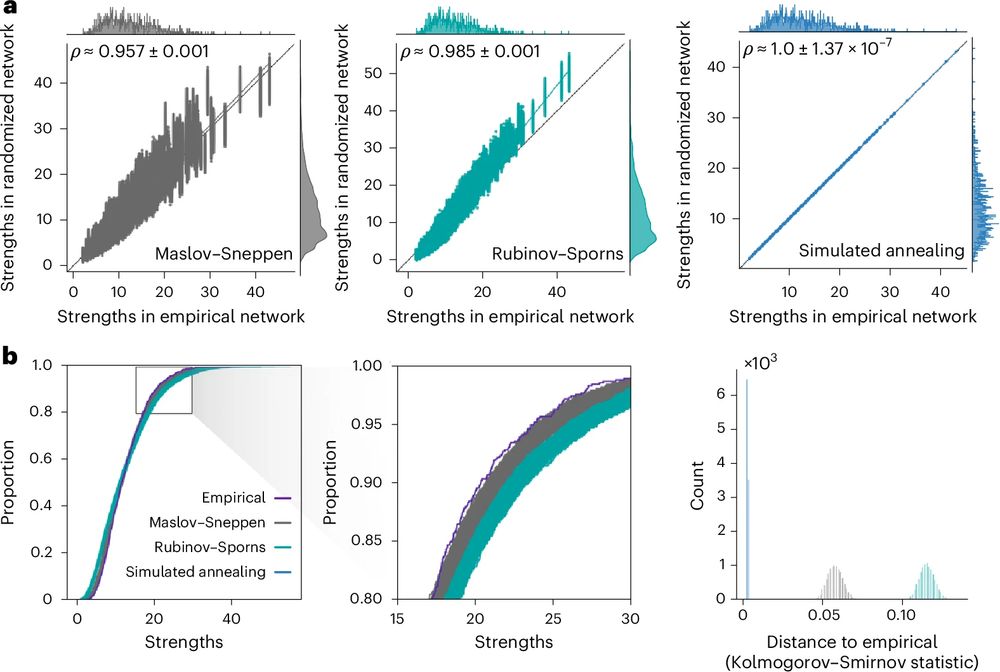Kangjoo Lee
@kangjoolee.bsky.social
590 followers
390 following
43 posts
Computational neuroscientist | ARS @YalePsychiatry 🇺🇸. PhD @McGill 🇨🇦. Guest Editor @Biological Psychiatry. Program Committee
@OHBM. Mom. 🇰🇷 she/her. 1st gen. Open Science. Open opportunities.
Posts
Media
Videos
Starter Packs
Pinned
Reposted by Kangjoo Lee
Kangjoo Lee
@kangjoolee.bsky.social
· Jun 17
Kangjoo Lee
@kangjoolee.bsky.social
· Apr 27
Kangjoo Lee
@kangjoolee.bsky.social
· Apr 27
Kangjoo Lee
@kangjoolee.bsky.social
· Apr 27
Reposted by Kangjoo Lee
Reposted by Kangjoo Lee
Reposted by Kangjoo Lee
Kangjoo Lee
@kangjoolee.bsky.social
· Jan 9
Reposted by Kangjoo Lee
Reposted by Kangjoo Lee
Reposted by Kangjoo Lee
Reposted by Kangjoo Lee
Reposted by Kangjoo Lee
Kangjoo Lee
@kangjoolee.bsky.social
· Dec 17
Compressing human brain activity for studying brain function
What is the optimal scale or level at which to describe the brain? This Primer explores the findings of a new study published in PLOS Biology, which shows that simplifying complex brain recordings mak...
doi.org








